The Role of the Adjutant in the Indian Army: Key Duties and Its Partnership with the Commanding Officer
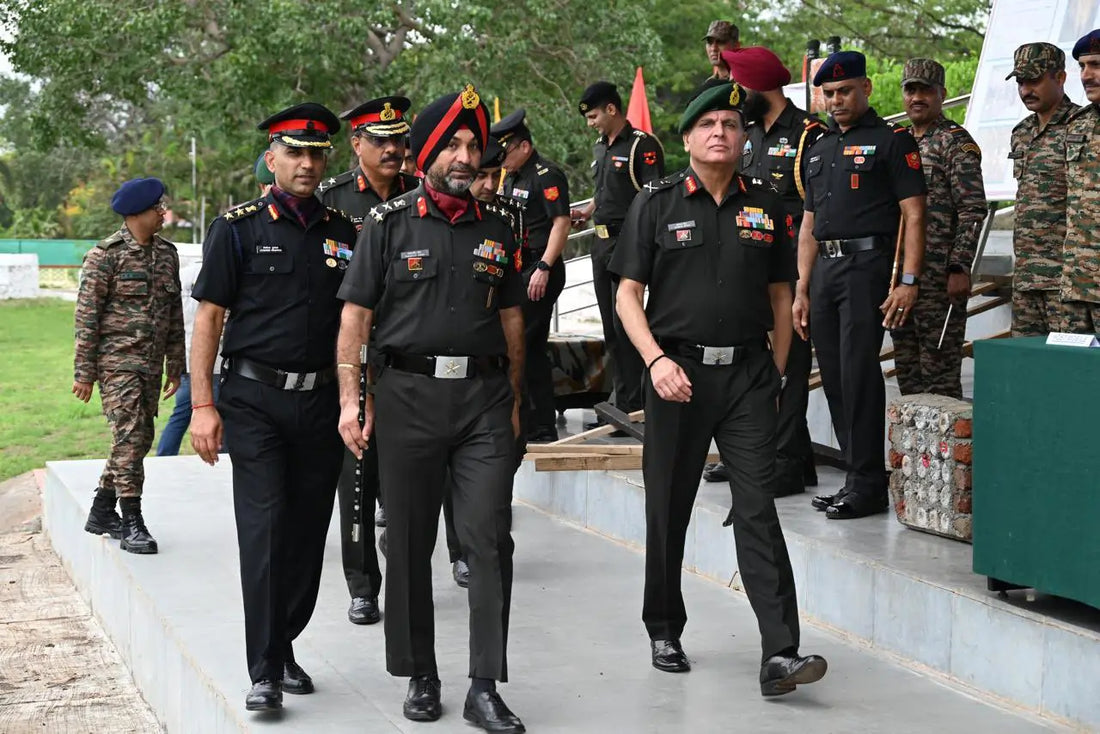
The Indian Army, recognized as one of the largest standing armies globally, operates with a structured hierarchy centered around efficiency, discipline, and meticulous administration. Within this framework, particularly at the unit level in battalions and regiments, the role of the adjutant is vital. This article explores the definition, historical development, responsibilities, and importance of the adjutant, highlighting its reputation as the commanding officer's (CO) essential "right hand." By examining military traditions and current practices, we look at how this position ensures the seamless function of military units while evolving to meet modern requirements.
Historical Evolution of the Adjutant Role
The term "adjutant" traces its origins to the Latin word adiutare, which means "to assist" or "to help." The role first appeared in European military forces in the 17th century, designed to assist commanders overwhelmed by administrative duties due to expanding army sizes. By the 18th and 19th centuries, the British Army had formally established the role, charging the adjutant with responsibilities such as regimental administration, discipline, and correspondence.
In the Indian Army, the adjutant's role was adopted from the British Indian Army, formed during colonial times. Before India gained independence, the position included equivalents like the "jemadar adjutant," a junior Indian officer who facilitated communication between British commanders and native troops. After independence in 1947, the Indian Army retained much of this structure, adapting it to local contexts.
Today, the adjutant is usually a commissioned officer at the rank of captain, with majors occasionally occupying the role in specialized units such as training centers or regimental headquarters. Notably, the Indian and Bangladesh Armies feature the subedar adjutant (SA), a junior commissioned officer (JCO) who acts as the adjutant's deputy, managing parade protocols and direct troop interactions. This tiered system combines hierarchical efficiency with cultural adaptation, ensuring effective communication across ranks.
In training institutions like the National Defence Academy (NDA) or Indian Military Academy (IMA), the adjutant often holds a senior rank, such as major or lieutenant colonel, and is referred to as the "Rod" or Dandapal in Hindi, symbolizing authority over discipline. Historical accounts emphasize the adjutant's influence; for instance, individuals like Major S.K. Gadeock (later Lt. Gen.) are legendary for their impact on cadet discipline during parades and daily activities.
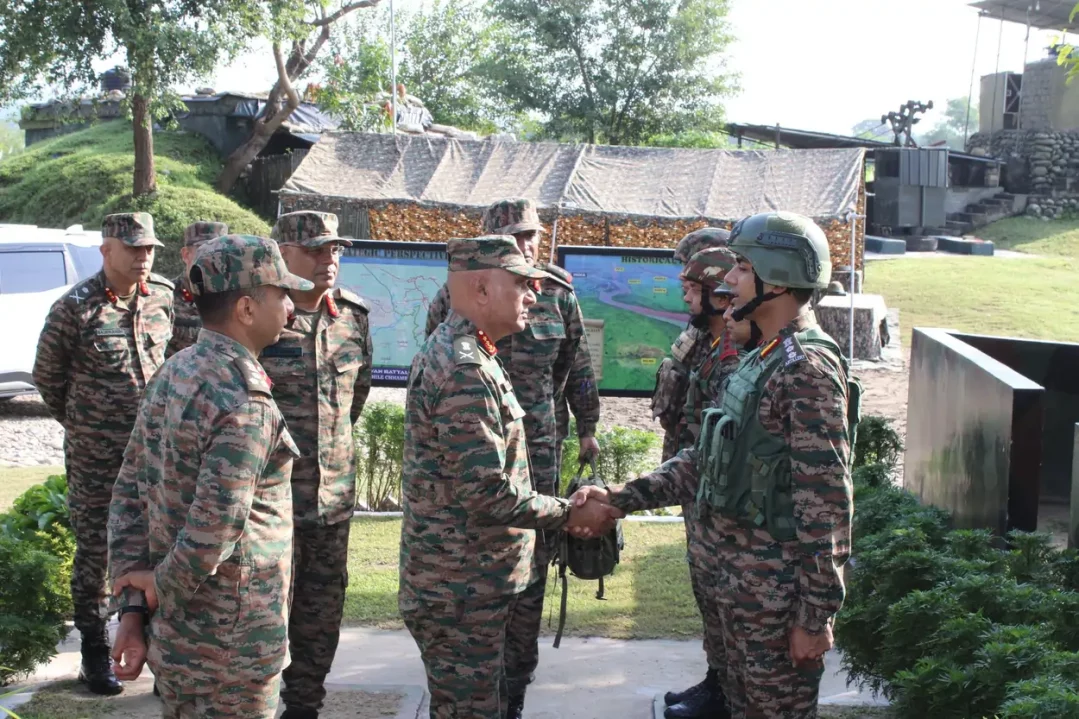
Duties and Responsibilities of the Adjutant
The adjutant's role involves a broad range of administrative, disciplinary, and operational tasks, making them integral to unit management. As the CO's personal staff officer, they ensure that the unit complies with the CO's directives while overseeing internal operations. Key responsibilities include:
To provide a clearer understanding of these responsibilities, the following table details typical duties based on military manuals and practices:
| Category | Specific Duties | Example in Practice |
|---|---|---|
| Administration | Manage correspondence, records, and reports; supervise clerks. | Preparing daily parade statements and strength returns. |
| Discipline | Monitor conduct, inspect guards, handle defaulters. | Daily reports to the CO on irregularities and punishment drills. |
| Human Resources | Oversee postings, leave, and welfare; coordinate with higher echelons. | Assisting in recruitment and policy implementation. |
| Training & Ceremonial | Arrange pre-course training, supervise parades and drills. | Leading passing-out parades at academies. |
| Operational | Support CO in unit efficiency during deployments. | Ensuring administrative readiness in battalions. |
These responsibilities extend to supporting roles such as the jemadar adjutant (now subedar adjutant), who aids in cadre training and daily inspections, bridging the gap between officers and enlisted personnel.
Why the Adjutant is the CO's Right Hand
The term "CO's right hand" highlights the essential partnership between the adjutant and the commanding officer. In an infantry battalion, the adjutant manages the CO's office and, in collaboration with the subedar major, oversees the entire unit, thereby allowing the CO to focus on leadership, tactics, and external dealings. This relationship is often likened to a "lion" within unit culture, symbolizing strength in administration and discipline. Without the adjutant's support, the CO could be burdened with administrative tasks, potentially affecting operational efficiency.
More broadly, the adjutant's influence derives from their proximity to power, granting them insight into confidential decisions and informal authority over discipline. In training settings, this influence extends to the development of future officers, as seen in the adjutant's supervision of parades and cadet behavior. Comparisons with other military forces, such as the U.S. Army's S-1 officer or the French adjoint, reveal similarities in administrative focus, though the Indian system's JCO deputy provides a unique cultural integration.
Challenges and Modern Adaptations
Though the role retains traditional aspects, contemporary challenges include digital administration, gender integration, and welfare reforms. The Adjutant-General's branch at Army Headquarters offers overarching guidance, influencing unit-level practices through policies on recruitment and discipline. Despite these changes, the core function of assisting the CO remains constant, reaffirming the adjutant's lasting significance.
In summary, the adjutant represents the administrative core of an Indian Army unit, ensuring that discipline and efficiency align with the CO's objectives. Rooted in colonial history, this role continues to be crucial in maintaining the army's operational readiness.
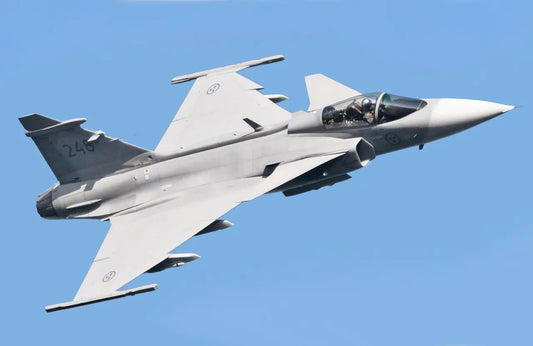
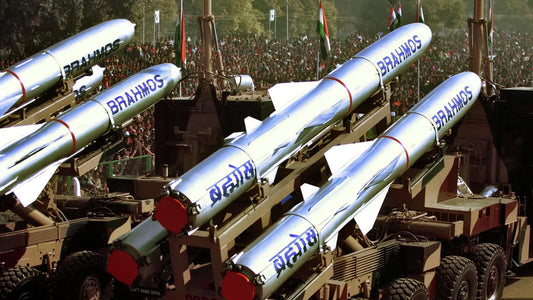
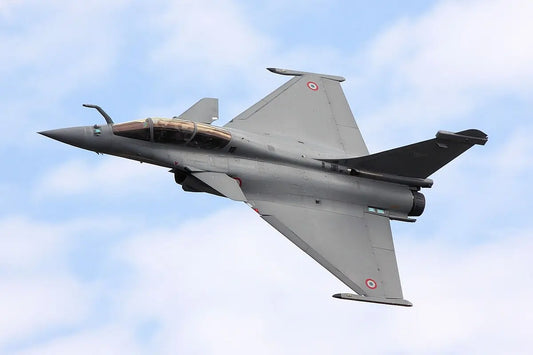

















13 comments
Not a very appropriate assessment and analysis of the role of Adjutant in a regimental Unit. The role of an Adjutant is to assist his Commanding Officer in handling personnel, discipline, intelligence and operational matters. By no means is Unit Adjutant a PARTNER OF HIS COMMANDING OFFICER (CO), NOR IS HE THE RIGHT HAND MAN OF HIS CO. Nor is the Unit Adjutant the PERSONAL Staff Officer of his CO. An Adjutant of a Unit like the Unit Quartermaster is a junior staff of the CO as apparent from his junior rank of Captain and service and his lack of mature experience mostly of 2 to 6 years only. The right hand man of the Unit CO is his Second in Command (the Unit 2IC). In the American Army units for instance, the Unit Staff Officer appointment are further divided functionally into four, S1, S2, S3 and S4, with the S2 handling Operations and hence enjoying generally greater general prestige then the three other staff officers because of the nature of his appointment.
Not a very appropriate assessment and analysis of the role of Adjutant in a regimental Unit. The role of an Adjutant is to assist his Commanding Officer in handling personnel, discipline, intelligence and operational matters. By no means is Unit Adjutant a PARTNER OF HIS COMMANDING OFFICER (CO), NOR IS HE THE RIGHT HAND MAN OF HIS CO. Nor is the Unit Adjutant the PERSONAL Staff Officer of his CO. An Adjutant of a Unit like the Unit Quartermaster is a junior staff of the CO as apparent from his junior rank of Captain and service and his lack of mature experience mostly of 2 to 6 years only. The right hand man of the Unit CO is his Second in Command (the Unit 2IC). In the American Army units for instance, the Unit Staff Officer appointment are further divided functionally into four, S1, S2, S3 and S4, with the S2 handling Operations and hence enjoying generally greater general prestige then the three other staff officers because of the nature of his appointment.
proud of my dad, he was the adjutant…jai hind
WE HAVE TO JOIN. AMERICAN ARMY MILITARY RUSSIAN ARMY MILITARY. BRITISH ARMY MILITARY. CHINESE ARMY MILITARY. SOME PROBLEM WAS NOTICED DUE TO SOME UNKNOWN PLANETS IN SPACE. CONTROL ON HUMANS. IT’S LIKE HYPNOTIC. WAVES. PERSON GETS HYPNOTISED. UNDER STRONG INFLUENCE OF. SOME PLANETS.
I AM HAPPY FOR SEEING ARMY MILITARY. AS INDEPENDENT. ORGANISATION. NOT UNDER CONTROL OF. GRANDFATHER. WE HAVE ANCIENT PROBLEMS. DUE HISTORY BEFORE 5000 YEARS AGO ALL HUMANS ARE NOT BAD. BUT SOME PEOPLE ARE UNDER CONSTANT CONTROL OF SOME DANGEROUS PLANETS. WE KNOW HOW KING CHHATRAPATI SHIVAJI MAHARAJ ERA MISTAKES CAUSED REDUCTION IN POPULATION.